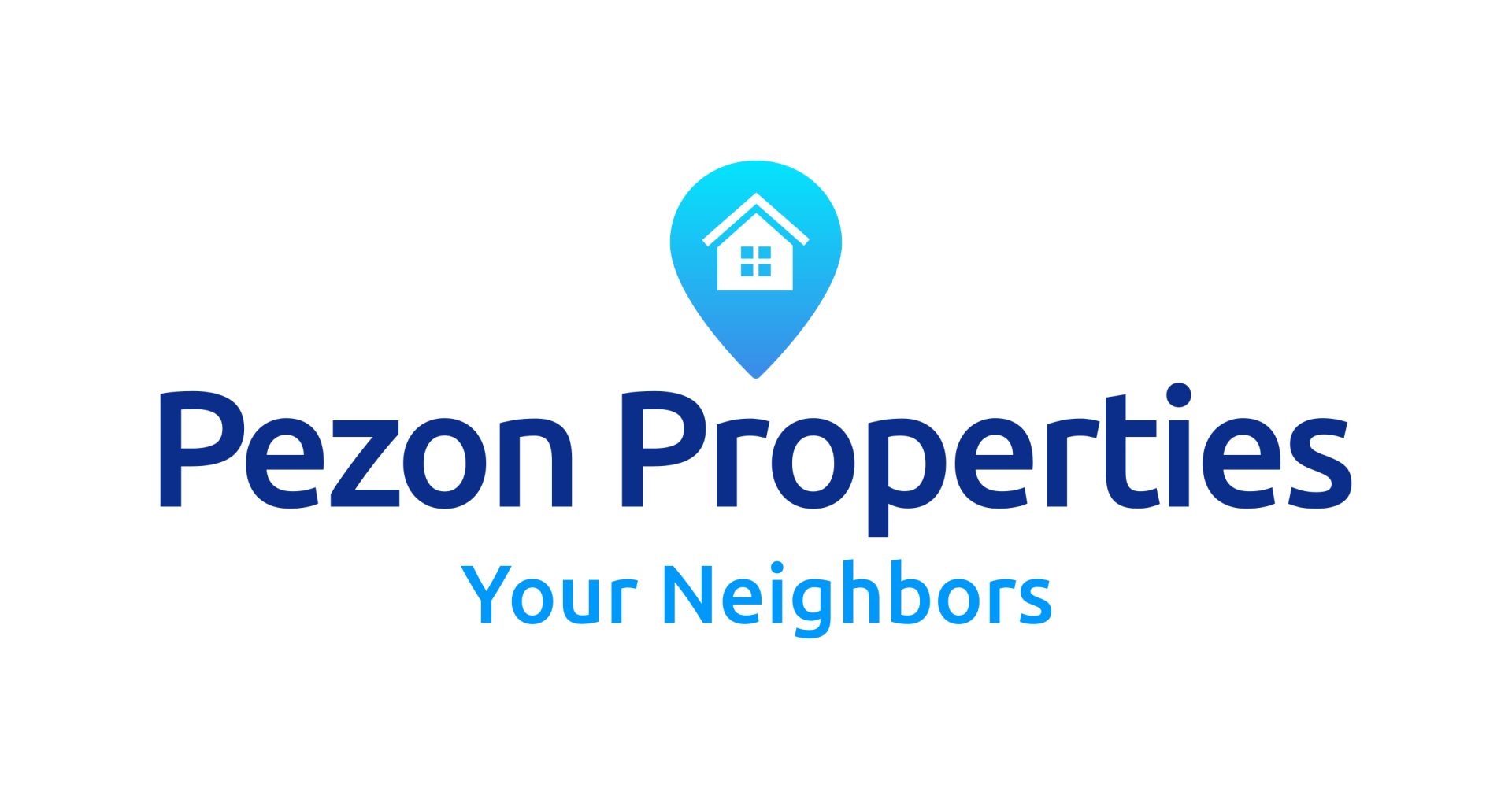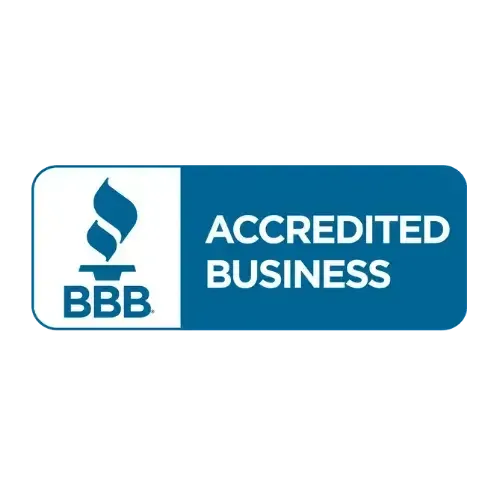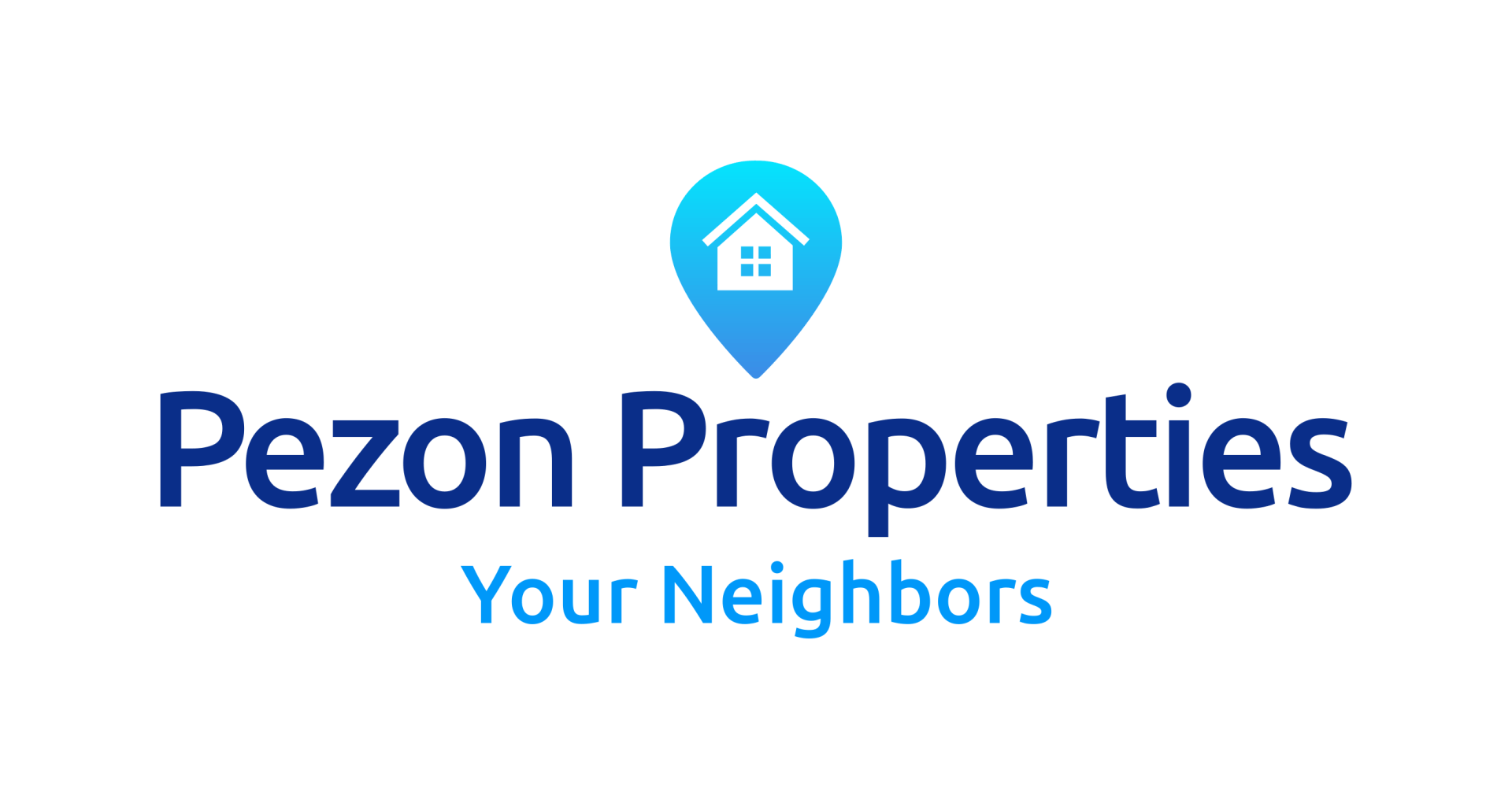If a House Is in Probate Can It Be Sold?
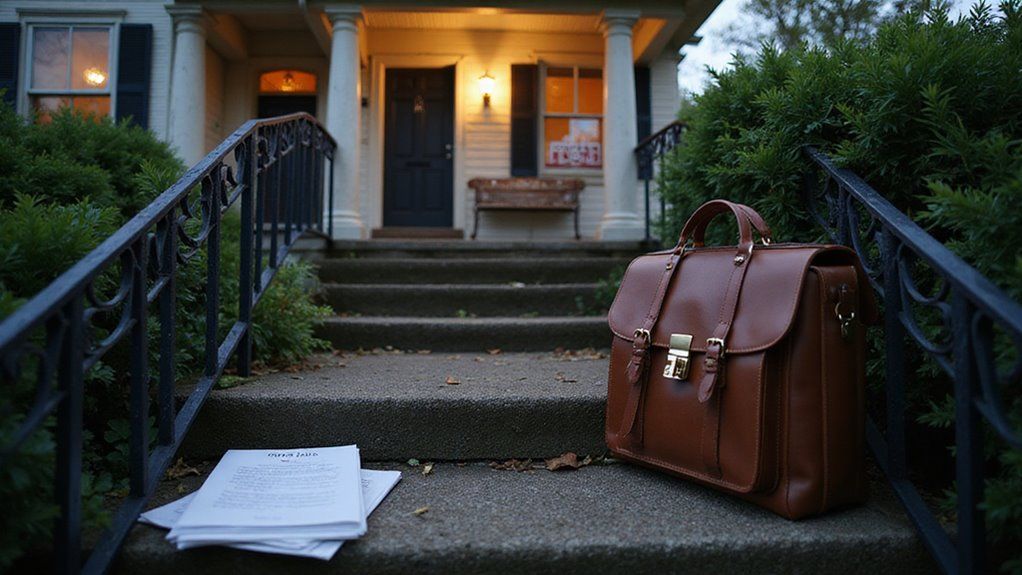
Navigating the maze of probate properties can feel like trying to solve a puzzle with missing pieces. Selling a deceased loved one’s home creates confusion about legal rights and proper procedures. The court requirements and extended timeline add stress during an already difficult period. Fortunately, with proper guidance, selling a house in probate is absolutely possible despite the obstacles.
Yes, a house in probate can definitely be sold, but the process requires court approval and the involvement of a court-appointed personal representative. The sale follows specific legal requirements including property appraisal, creditor notification, and obtaining formal permission before proceeding with listing and closing.
In this blog I will explore everything related to selling a house that’s currently in probate.
What is Probate and How Does it Affect Home Sales?
Probate is the legal process of settling someone’s estate after they die. It affects home sales by requiring court approval before property can be sold.
When a property owner dies, their real estate must go through probate before transfer to heirs. The court appoints an executor to manage the deceased’s assets and debts.
Executors must receive court permission to list or sell the property. This oversight protects all parties with interest in the estate.
As a result, selling a home during probate takes longer than standard real estate transactions. Meanwhile, the family faces both emotional and legal challenges during this difficult time.
Can You Sell a House During Probate?
Yes, you can sell a house during probate, but specific legal steps must be followed. Probate sales require court involvement throughout the process. The court first appoints a personal representative to manage the estate. This person must obtain court approval before listing the property.
State laws vary on specific requirements for probate sales. The sale process happens under court supervision with specific guidelines.
Final transfer requires court confirmation at closing. Most probate sales take longer than standard real estate transactions.
Potential buyers should expect additional paperwork and possible court appearances. Working with professionals familiar with probate sales can simplify this complex process.
Sell Your House Fast in Pennsylvania Without Expensive Repairs, Junk Removal, or Cleaning!!
We buy houses for cash in Pennsylvania! We will make you a Fast, Fair, Cash Offer To Buy Your House As-Is. There’s No Obligation To Accept. We are here to take the hassle out of selling your home.
How to Sell a House in Probate?

Selling a house in probate requires you to follow specific legal steps and court procedures in Pennsylvania.
You’ll need to meet legal requirements, secure court approval, work with a probate attorney, and set an appropriate price based on a professional appraisal. These four essential elements form the foundation for a successful probate home sale that protects all parties involved.
Understanding the Legal Requirements
The court-appointed personal representative must complete specific legal steps before selling probate property in Pennsylvania.
First, all property needs accurate inventory and appraisal. Pennsylvania Title 20 requires notification of creditors and settlement of outstanding debts before proceeding.
Court approval is necessary both before listing and again prior to closing. A probate attorney helps navigate these requirements efficiently. They ensure proper documentation gets filed with the court. This legal process protects all parties involved - heirs, creditors, and buyers alike.
Obtaining Court Approval
Pennsylvania requires court approval for probate property sales. The personal representative must petition the court with details about the property’s value and proposed terms. Courts enforce this oversight to protect creditors and heirs during the selling process.
You must show fair pricing and proper notification to all interested parties.
After initial approval, you can list the property and accept offers. Some courts require a second approval before finalizing the sale.
The transfer can’t complete until the court confirms all legal requirements are satisfied. This process ensures the sale serves everyone’s interests appropriately.
Working with a Probate Attorney
A probate attorney provides essential services for real estate transactions involving estate assets. They file court petitions to secure legal authorization for property sales. Attorneys clear titles by removing liens that could block your closing. They also ensure all creditor claims are properly addressed.
Estate tax obligations must be resolved through the attorney’s settlement process. This prevents future financial surprises.
Your attorney oversees the closing to verify proper fund distribution among heirs. Their expertise protects all parties’ interests throughout the transaction.
Legal guidance simplifies this complex process while maintaining compliance with probate laws. The attorney serves as your advocate in navigating court requirements.
Setting the Right Price
Hire a licensed appraiser before listing probate property in Pennsylvania. Pennsylvania courts require independent appraisals to establish fair market value for probate sales. This process protects heirs from potential underpricing and ensures legal compliance.
Your appraiser will evaluate the home’s condition, recent comparable sales, and necessary repairs. Price competitively since probate homes typically sell “as-is.” Most buyers calculate renovation costs when making offers. As a result, overpricing may extend your timeline unnecessarily.
Consult your probate attorney for court approval guidance. The right price attracts serious offers quickly while fulfilling your obligations to beneficiaries.
A balanced approach serves both the estate’s financial interests and your need for timely resolution.
What Are the Different Types of Probate Sales?
When you’re selling a house in probate in Pennsylvania, you’ll encounter different sale procedures depending on the estate’s complexity and the executor’s authority.
The three main types are formal probate sales requiring full court supervision, independent administration sales where the executor has broader authority to act, and summary procedures for smaller estates that qualify for simplified processing.
Understanding which type applies to your situation determines how much court oversight you’ll face and how quickly you can complete the sale.
Formal Probate Sales
Formal probate sales in Pennsylvania require complete court supervision. The executor must get court permission before selling any property.
An independent appraisal is mandatory, and the court must approve the listing price. You must file detailed financial reports and notify all heirs and creditors.
Pennsylvania’s Title 20 governs these strict legal procedures. The court checks that the sale price protects everyone’s interests.
Although formal probate sales take longer, they offer clear legal protection. This transparency benefits both the estate and potential buyers.
Independent Administration Sales
Pennsylvania doesn’t offer true independent administration. Executors can gain broader authority through specific provisions in the will. This authority allows property sales without court approval.
The deceased’s will must explicitly grant power to sell real estate without court oversight. This streamlined approach reduces delays in the probate process. You can serve beneficiaries more efficiently while maintaining your fiduciary duties.
As a result of this arrangement, court involvement decreases significantly. Nevertheless, you must still file all necessary paperwork.
Review the will carefully with your probate attorney to confirm this authority exists. This approach helps families move forward while protecting everyone’s interests.
Summary Probate Procedures
Pennsylvania offers simplified probate options for small estates. Estates valued under $50,000 (excluding certain assets) may qualify for summary administration.
This streamlined approach reduces court involvement and paperwork requirements. You’ll still need proper authority before listing probate property.
The approval process moves much faster with summary administration. As a result, you can serve heirs more efficiently and reduce unnecessary delays.
County requirements vary, so consult your probate attorney to determine eligibility. Furthermore, this expedited option cuts costs while maintaining legal compliance throughout the sale process.
Who Has the Authority to Sell a Probate House?
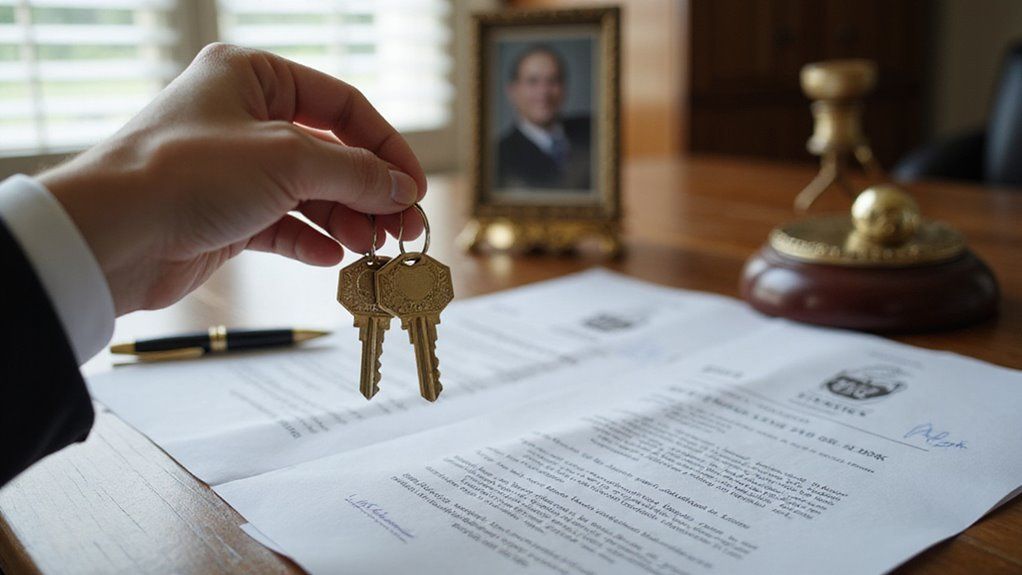
The court-appointed personal representative has sole authority to sell a probate house. This executor must receive official court approval before listing the property. Family members can’t sell the property even if named in the will.
Pennsylvania law requires specific procedures for probate sales. The representative must follow these legal steps precisely. Working with a probate attorney helps navigate these requirements effectively.
The process protects all parties involved in the transaction. Proper authorization ensures the sale meets court standards. A legitimate sale requires documentation of the representative’s authority.
Most importantly, attempting to sell without proper appointment invalidates any transaction. The courts oversee this process to protect the deceased’s estate and beneficiaries’ interests.
What Are the Challenges of Selling a Probate Property?
Selling a probate property in Pennsylvania comes with specific obstacles you’ll need to navigate.
You’ll face court-mandated delays, mounting legal and appraisal fees, strict disclosure requirements, and often a house that needs significant repairs.
Understanding these challenges upfront helps you plan effectively and avoid costly surprises during the sale process.
Time Constraints and Delays
Probate property sales typically take 6-12 months to complete. This extended timeline results from several legal requirements.
Pennsylvania courts require mandatory waiting periods for creditor notifications. These periods last at least 4-6 months in most counties.
Court hearing schedules often face backlogs of several weeks or months. Local probate courts process numerous cases, causing scheduling delays.
Administrative processes add further challenges. Document reviews, title searches, and property appraisals all require additional time.
The executor must also file multiple forms throughout this process.
For example, once you receive an offer, court approval may take 30-45 days. During this time, interested buyers might find other properties.
Additional Costs Involved
Probate property sales come with several mandatory expenses. Appraisal costs typically range from $300-$600. You must pay for creditor notifications and real estate commissions.
These commissions usually total 5-6% of the sale price. Outstanding debts, property taxes, and maintenance fees must be settled during the process.
All these expenses reduce the final amount distributed to heirs. The good news? Proper budgeting for these costs ensures legal compliance.
Planning ahead makes the transaction smoother for everyone involved. Remember to account for these expenses when calculating potential inheritance values.
Disclosure Requirements
Estate property sellers must disclose specific information to buyers. You must provide property condition disclosures documenting all known defects, even for as-is sales.
Include estate timeline information with estimated dates for asset distribution and closing. Clearly state your sale method, specifying standard listing or probate auction.
Proper disclosures protect you legally from future claims. Buyers appreciate honesty about property conditions and timeline expectations. This transparency helps prevent deal cancellations later in the process.
Furthermore, well-documented disclosures build trust with potential buyers. Most states have strict disclosure laws that carry penalties for omissions or misrepresentations. Remember that full disclosure ultimately creates smoother transactions for everyone involved.
Property Condition Issues
Deceased estate properties often have condition problems. You have two main options: fix issues before selling or offer a discount for as-is sales.
Most estates choose the as-is approach to avoid renovation headaches and costs. Buyers typically expect a 10-15% discount for properties needing significant repairs.
Cash buyers are particularly valuable for probate properties. They purchase homes in any condition without inspection contingencies.
Additionally, these buyers can complete transactions quickly, often closing within 7-14 days. This speed helps executors settle estates faster and distribute assets to beneficiaries sooner.
What Are the Benefits of Selling to Cash Buyers During Probate?
Selling to cash buyers during probate can dramatically simplify your transaction.
You’ll benefit from faster closing timelines, as-is purchase options that eliminate costly repairs, and no financing contingencies that could derail the sale.
These advantages help you move through the probate process more efficiently while reducing legal and financial complications.
Faster Closing Timeline
Cash buyers close probate sales in weeks, not months. They eliminate financing delays and move your family toward closure faster.
Cash sales complete quickly because they require no appraisal contingencies. Buyers purchase properties as-is, which removes evaluation delays entirely.
Court approval happens faster with simplified paperwork. This streamlines the judicial review process when selling after a death.
The closing process moves smoothly with fewer parties involved. Title transfer and distribution to heirs can happen within weeks instead of months. This efficiency helps settle the estate while supporting your family during a difficult time.
As-Is Purchase Options
Cash buyers purchase probate properties without requiring repairs or renovations. You won’t need to spend money fixing broken systems or updating features before selling.
Inherited homes typically need significant work that consumes estate assets and extends the probate timeline. As-is sales shift repair responsibilities to the buyer completely.
This approach preserves more money for beneficiaries instead of spending it on contractors. The process eliminates typical complications like multiple showings, lengthy inspections, and financing delays.
Furthermore, heirs receive their inheritance faster when the property sells quickly in its current condition.
Reduced Complications
Cash buyers simplify probate property sales by removing complex requirements. They eliminate financing contingencies and approval processes that delay traditional sales.
Cash transactions avoid mortgage approvals that could fall through. You won’t need to coordinate with lenders, appraisers, or underwriters.
The paperwork is also much simpler with fewer third-party requirements. As a result, you can settle the estate faster and distribute assets sooner. Your fiduciary duties become easier to fulfill. Everyone involved benefits from this streamlined approach.
No Financing Contingencies
Cash buyers don’t depend on bank approvals for your probate property. This ensures your sale won’t fail due to financing issues. The transaction proceeds without the typical lending delays.
Your probate process benefits from this certainty. Heirs and creditors receive distributions faster when payment is guaranteed. Probate courts often require timely asset liquidation to satisfy estate obligations.
Additionally, you avoid the frustration of failed bank appraisals. As an executor, reliable buyers help you fulfill your responsibilities efficiently. The streamlined process protects you from potential liability concerns.
Furthermore, beneficiaries receive their inheritances according to schedule without complications.
Need to Sell Your Probate Property Fast? Contact Pezon Properties Today
Pennsylvania probate property sales can be completed quickly with the right partner. Pezon Properties specializes in helping estate executors and beneficiaries sell inherited real estate. Our team streamlines the process during this difficult time.
We provide cash offers that allow you to close within days instead of months. Your property sells as-is with no repairs needed. Furthermore, our specialists guide you through all court-required paperwork and legal steps. Many families find relief in our straightforward approach.
As a result, you can focus on other important matters during the estate settlement process. Contact Pezon Properties today to discover a simpler path forward with your probate property sale.
A Little About Pezon Properties
Pezon Properties is a local, family-owned home buying business that helps homeowners sell their properties quickly and easily without the stress of selling the traditional way.
We simplify the home selling process and eliminate the hassles that come with selling your home. You are provided with solutions, convenience, and a great customer experience. We are easy to work with and do fair, win-win deals.
We are not flippers or wholesalers looking to make a quick profit. We are from the Lehigh Valley and invest back into the community to make it a better place for us all to live. We have been working directly with our neighbors to buy homes since 2014.
Whether you are
tired of being a landlord, inherited a property that you do not want, are facing divorce or financial issues, or want to sell quickly without the headaches, reach out to us today and we will help you in any way we can.
484-484-0971.


